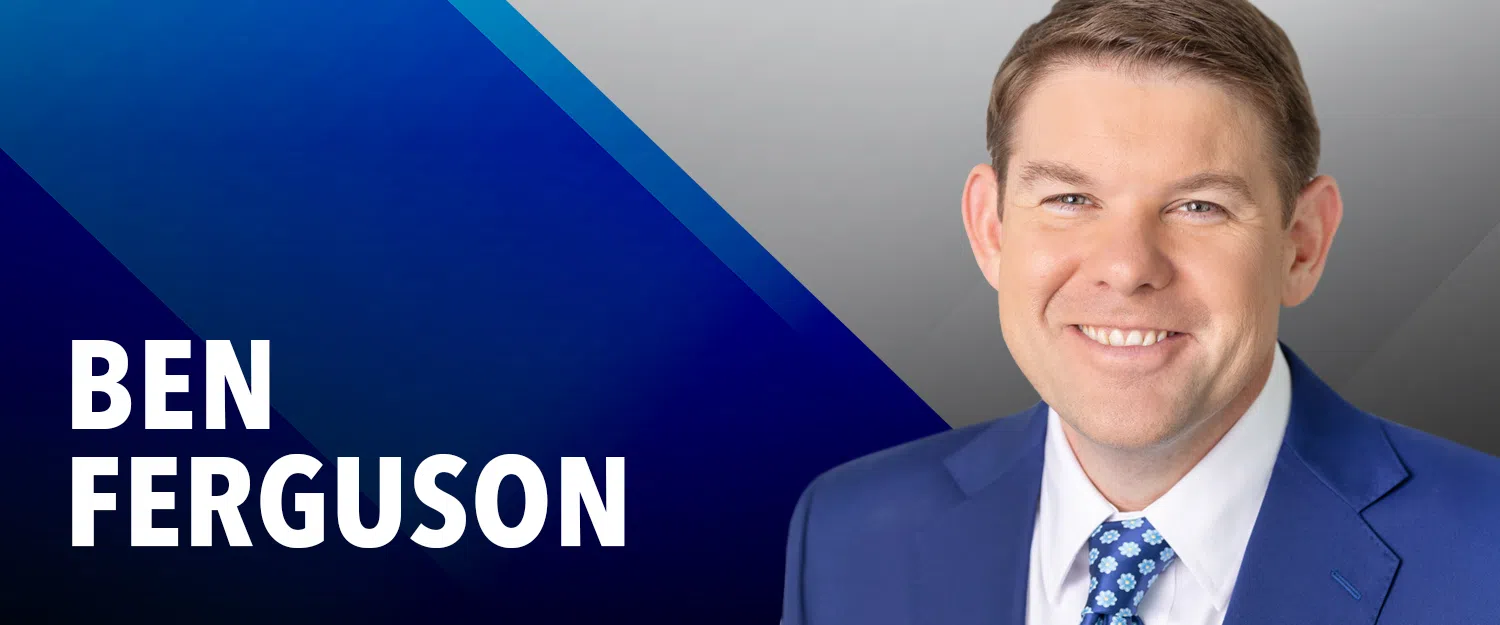A new report from leading U.K. think tank Policy Exchange has sounded the alarm over the Republic of Ireland’s rapidly deteriorating relationship with the United States, warning that Britain could face similar consequences if it fails to align itself with Washington’s evolving strategic priorities.
Titled “Peak Ireland? Ireland’s Diplomatic Challenges and the Lessons for the UK,” the report argues that Dublin’s long-cherished status as a favored U.S. ally is now in crisis — undermined by what it describes as “free-loading” on defense, divergence on foreign policy, and dependence on low-tax economics that have antagonized the Trump administration.
In a foreword to the report, Robert C. O’Brien, former U.S. national security adviser to President Donald J. Trump, issues a stark warning that Ireland’s once-special standing in Washington is “under unprecedented scrutiny.”
“Ireland has long enjoyed a privileged status in Washington, D.C.,” O’Brien writes. “But in an era in which the United States under President Trump is seeking to put the American interest first, the U.S. relationship with Ireland is coming under unprecedented strain.”
O’Brien points to Dublin’s “sweetheart tax deals” for American corporations and its near-nonexistent defense spending as particular sources of frustration for the Trump White House.
“Much of Europe is stepping up,” he says, “but Ireland contributes almost nothing to the defense of the Atlantic and European regions from which it benefits so much.”
O’Brien adds that despite its official neutrality, Ireland’s foreign policy has grown “increasingly activist and hostile to everything the Trump administration stands for,” particularly in its treatment of Israel and its growing economic ties with China.
“Ireland is at the forefront of allegations of genocide against Israel,” he notes, “while simultaneously courting Chinese investment with no concern for Beijing’s human rights record.”
The Policy Exchange study, released this past week and authored by Harry Halem, a senior research fellow in its National Security Unit, paints a comprehensive picture of Ireland as a country whose prosperity and diplomatic clout rest on increasingly shaky foundations.
Among its findings:
– Ireland spends just 0.2% of GDP on defense, the lowest of any European nation.
– The country enjoys a $50 billion trade surplus with the U.S., largely driven by American tech and pharmaceutical companies operating in Ireland under favorable tax terms.
– Ireland’s voting coincidence rate with the U.S. at the United Nations has fallen dramatically to 51% since 2005, and to just 17% on Israel-related issues.
The report argues that Ireland’s free-riding on defense and its frequent opposition to U.S. positions at the U.N. have created a widening rift with Washington that even historic cultural ties can no longer mask.
Connolly’s Election Deepens Unease
The report’s release comes on the heels of the election of leftist Catherine Connolly as president of Ireland, a development Policy Exchange identifies as emblematic of the country’s leftward drift.
Connolly has previously declared that Ireland “certainly cannot trust” the U.S., France, or the U.K., accusing them of being “deeply entrenched in an arms industry which causes bloodshed across the world.”
Connolly has also said Hamas is “part of the fabric of the Palestinian people,” while describing the U.S. as an “imperial power” contributing to “a very volatile situation in the world.”
Though she condemned Russia’s invasion of Ukraine, Connolly also accused NATO of “warmongering” and insisted that “neutrality is one of the most important policies that we have.”
According to Policy Exchange, such statements underscore “the sources of precipitous Irish decline in Washington” and suggest that relations are likely to worsen under her tenure.
While the report is a critique of Ireland, its ultimate message is directed at Westminster. Halem warns that the U.K. could face similar diplomatic isolation if it drifts too far from Washington’s priorities.
“The British government may regard gestures such as recognizing Palestinian statehood, handing over Chagos, and taking a lenient stance toward China as cost-free,” Halem writes.
“The example of Ireland demonstrates that these divergences will apply an unsustainable strain to the U.K.’s relationship with the U.S.”
He cautions that in an “era of conditional diplomacy,” historical goodwill and shared cultural ties are no longer enough to guarantee a close partnership with the United States.
“If the U.K. is to survive this new era,” he argues, “the Prime Minister must heed the warning of Peak Ireland as Ireland’s economy unravels and its influence in Washington wanes.”
The think tank’s report makes several recommendations for Britain, urging the government to remain closely aligned with the Trump administration’s positions on defense, trade, and foreign policy:
– Acknowledge conditionality: The U.K. must adapt to a more transactional American foreign policy, where “single disagreements can rupture close relations.”
– Align on U.S. priorities: London must remain in step with Washington on Israel, China, and global security commitments.
– Maintain burden sharing: Britain’s defense spending and NATO commitments are vital to maintaining U.S. confidence.
– Avoid complacency: Gestures that contradict U.S. priorities — such as support for Palestinian statehood — could jeopardize goodwill in Washington.
Policy Exchange argues that unconditional American charity is “over.” Instead, Britain must “box clever,” demonstrating flexibility and a readiness to adapt to shifting U.S. expectations.
The report concludes that Ireland’s rapid fall from grace in Washington offers a cautionary tale for all U.S. allies. A mix of economic dependence, ideological posturing, and minimal defense engagement, it warns, has left Dublin dangerously exposed.
“Ireland’s ability to attract American multinationals has tied its fortunes to the goodwill of U.S. administrations,” the report says. “As Washington grows more assertive about burden sharing and trade fairness, Dublin finds itself with fewer friends and less leverage.”
For Britain, Policy Exchange insists, the message is clear: alignment with Washington is no longer optional.
In an age of great power rivalry, conditional diplomacy, and renewed American assertiveness, “Peak Ireland” could easily become “Peak Britain” if Westminster fails to heed the lessons from across the Irish Sea.
© 2025 Newsmax. All rights reserved.






